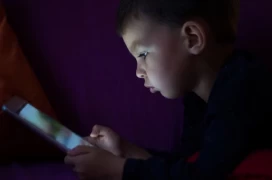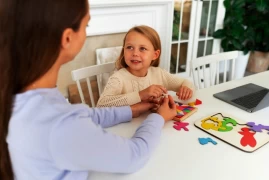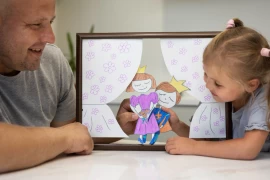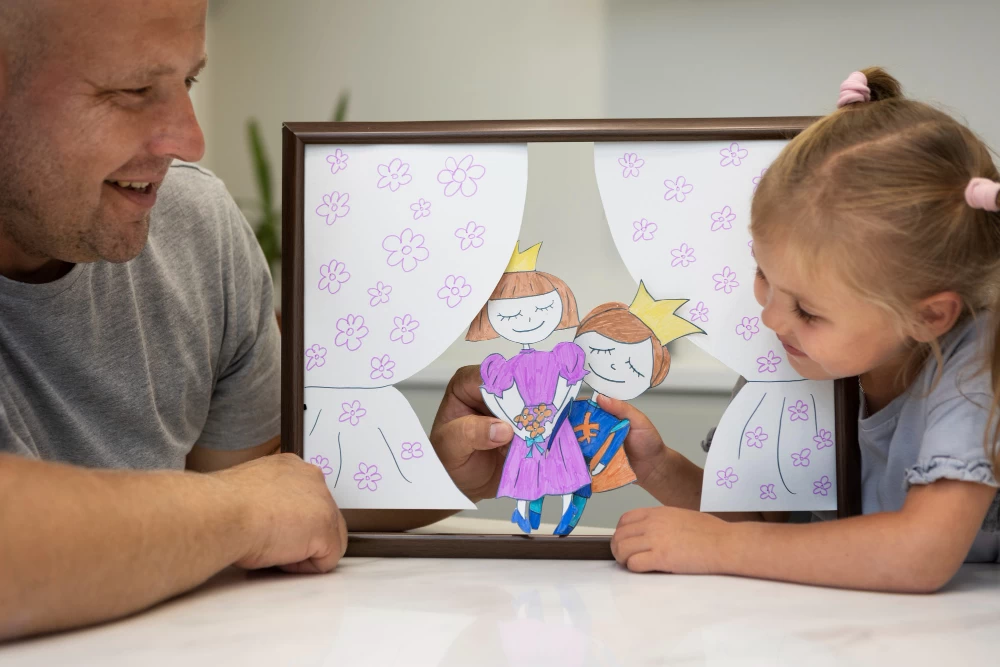
Privacy Education in Early Childhood
- Privacy Education in Early Childhood
- Why Is Early Childhood Important?
- The Concept and Importance of Privacy
- Key Principles of Privacy Education
- Implementation of Privacy Education
- Conclusion
The early childhood period is a critical time when the foundations of an individual’s personality and behaviors are formed. During this phase, children learn fundamental values, social norms, and personal boundaries. Privacy education is an important part of this process. Understanding the concept of privacy at an early age and acquiring correct information on the subject allows children to grow up in a healthy and safe manner.
Why Is Early Childhood Important?
Early childhood refers to the period from birth to around the age of six. This phase is a vital period in which the foundations of an individual’s personality are laid, emotional bonds are formed, and essential skills are acquired. Early childhood includes the fastest period of growth and development in a person’s life.
During this time, children begin to explore the world. Significant progress is made in areas such as language development, motor skills, emotional attachment, and social relationships. At the same time, children's mental capacity develops rapidly, and they have a great hunger for learning from their environment. This period is when children form their sense of self and lay the foundation for their interactions with the world around them.
Early childhood is a time when a child’s basic needs are met, and they grow in a safe environment. During this period, parents and caregivers are responsible for fulfilling the emotional and physical needs of the child. Love, compassion, security, and proper stimuli are essential for the healthy development of children at this stage. The experiences and relationships children have during this time are crucial for their future. Positive experiences during this period strengthen a child’s self-esteem, while negative experiences can lead to problems later in life.
The Concept and Importance of Privacy
Privacy refers to an individual’s personal space, body, and emotional boundaries. This concept encompasses various aspects such as bodily integrity, the sharing of private information, and the protection of personal boundaries. Teaching this concept and ensuring it is properly understood in early childhood helps protect children from risks such as sexual abuse. Moreover, respecting and protecting privacy helps children develop self-esteem and contributes to their ability to form healthy relationships.

Key Principles of Privacy Education
- Use of Correct Terms: In privacy education, children should be encouraged to use correct terms. Using accurate and clear language regarding body parts allows children to understand and protect their bodies.
- Trust and Openness: It is important to establish open and trustworthy communication with children regarding privacy. Answering their questions openly and honestly strengthens their sense of trust and ensures they have accurate information about privacy.
- Teaching Boundaries: It is important to teach children to recognize their bodily boundaries and respect these boundaries. The ability to respect others’ personal space and bodies supports the development of healthy relationships.
- Referring to Trusted Adults: Children need to know who they can trust and turn to in case of a privacy violation. They should be encouraged to seek help in situations that make them feel uncomfortable.
Implementation of Privacy Education
Privacy education should be implemented in a way that is appropriate to the child’s developmental level. First, parents and educators should determine content and strategies that are suitable for the child’s age and development. For example, simple and explanatory stories can be used for younger children, while interactive discussions and role-playing activities can be used for older children.
Additionally, sensitivity to the specific circumstances and needs of children during the privacy education process is crucial. Each child’s understanding of privacy may differ, and individual differences must be respected. Privacy education not only prevents sexual abuse but also strengthens children’s self-esteem and helps them form healthy relationships.
Conclusion
Privacy education in early childhood helps children learn to recognize, protect, and respect their bodily and emotional boundaries. Correct information, open communication, and safe relationships ensure that children grow and develop in a healthy manner. The collaboration of parents, educators, and society as a whole is essential for children to feel conscious and secure about privacy.
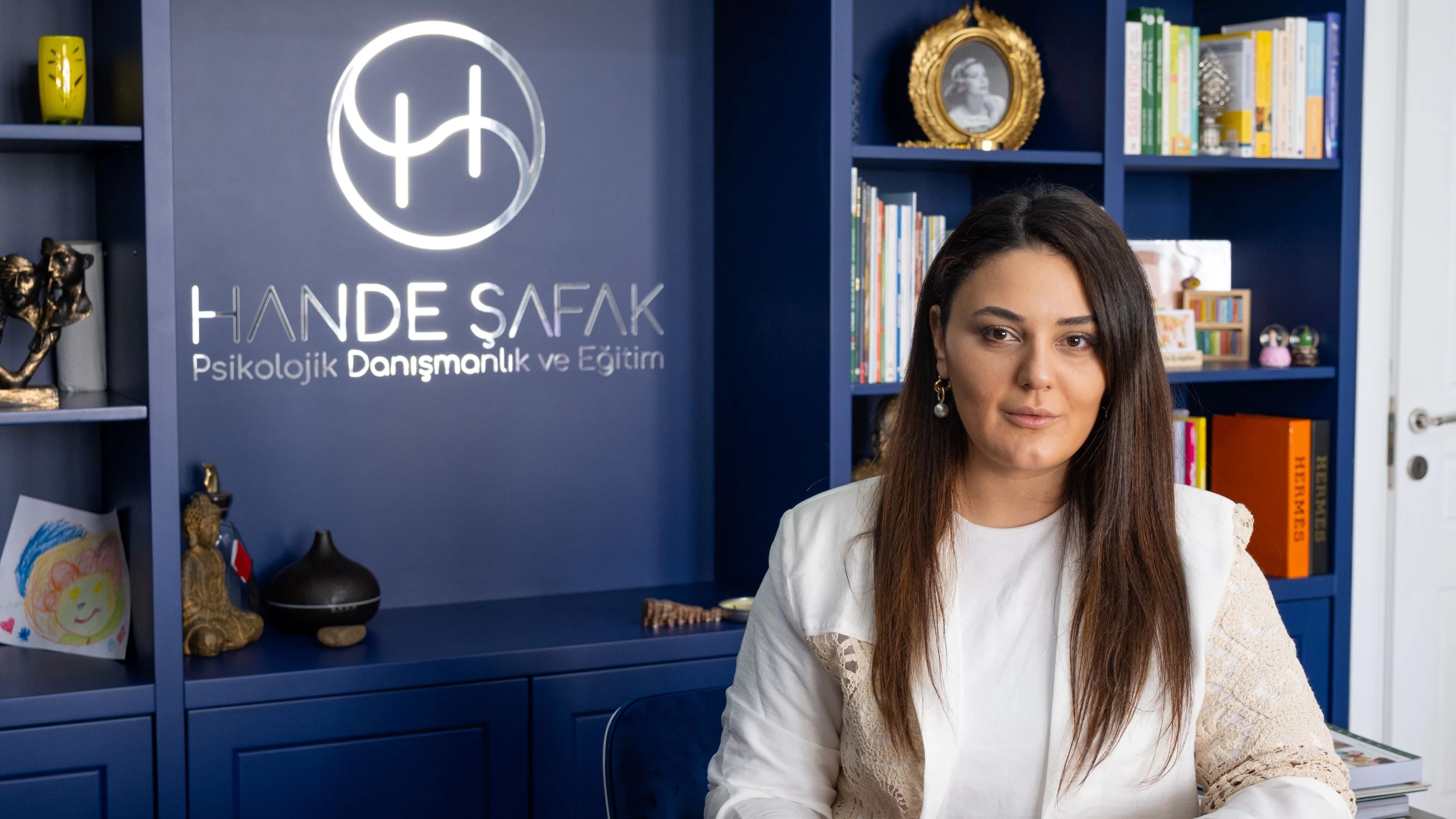
Expert Clinical Psychologist Hande Şafak Çepni

